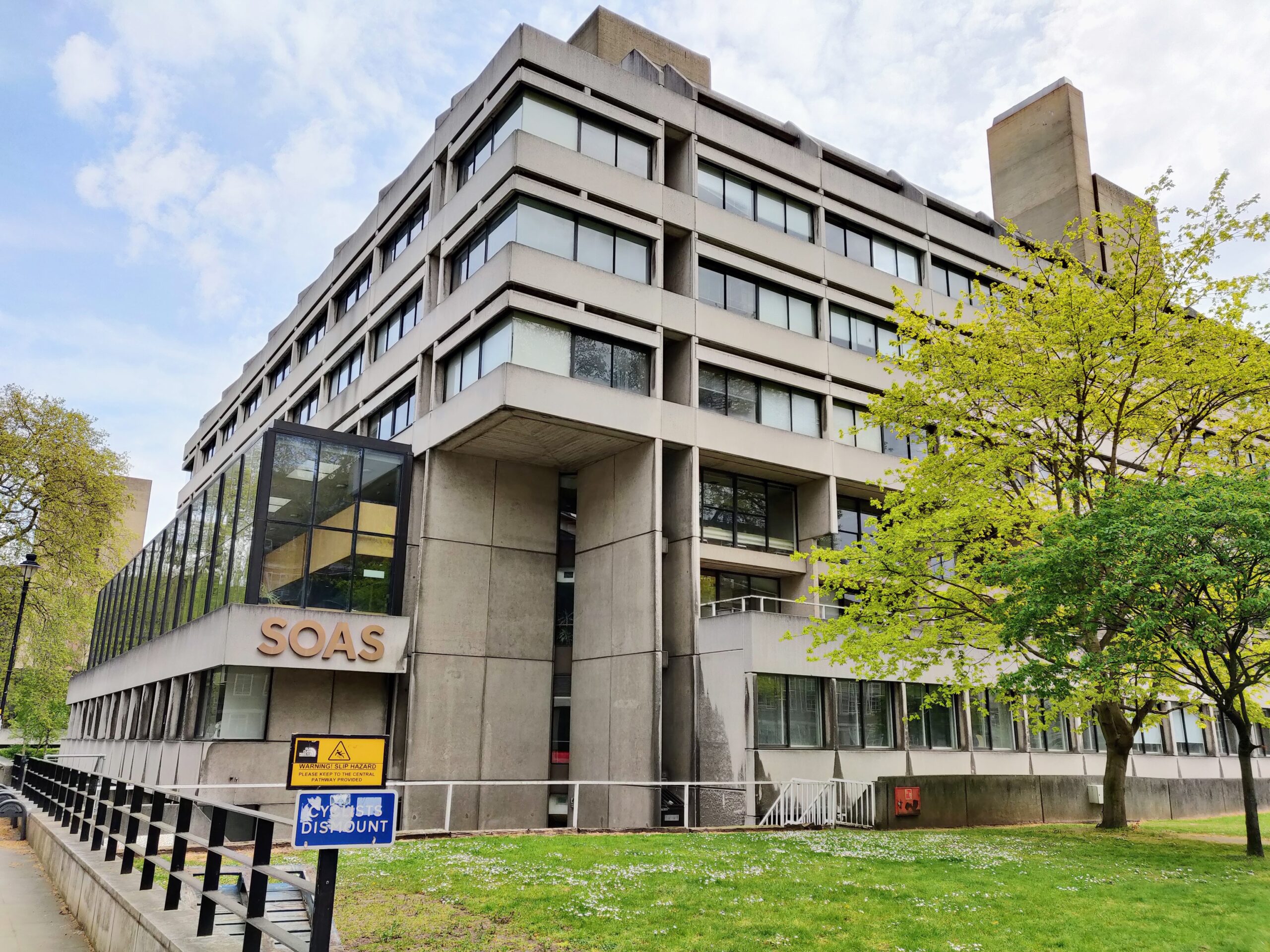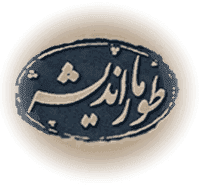-
 ўБЎ±ЎІЎЃўИЎІўЖ Џ©ўЖўБЎ±ЎІўЖЎ≥ ЎѓЎ±Ў®ЎІЎ±ўЗ Ў≤Џ©ЎІЎ™ЎМ Џ©ЎІўДЎђ ЎѓЎІўЖЎіЏѓЎІўЗ ўЗўИЎ±ўИўЖЎМ Џ©ЎІўЖЎІЎѓЎІЎ®џМЎіЎ™Ў±
ўБЎ±ЎІЎЃўИЎІўЖ Џ©ўЖўБЎ±ЎІўЖЎ≥ ЎѓЎ±Ў®ЎІЎ±ўЗ Ў≤Џ©ЎІЎ™ЎМ Џ©ЎІўДЎђ ЎѓЎІўЖЎіЏѓЎІўЗ ўЗўИЎ±ўИўЖЎМ Џ©ЎІўЖЎІЎѓЎІЎ®џМЎіЎ™Ў± -
 ўБЎ±ЎІЎЃўИЎІўЖ Џ©ўЖўБЎ±ЎІўЖЎ≥ ЎѓЎ±Ў®ЎІЎ±ўЗ Ў™Ў≠ўИўД ЎѓЎ± Ў≠ўВўИўВЎМ Ў≥ўИЎҐЎ≥ЎМ ЎІўЖЏѓўДџМЎ≥Ў®џМЎіЎ™Ў±
ўБЎ±ЎІЎЃўИЎІўЖ Џ©ўЖўБЎ±ЎІўЖЎ≥ ЎѓЎ±Ў®ЎІЎ±ўЗ Ў™Ў≠ўИўД ЎѓЎ± Ў≠ўВўИўВЎМ Ў≥ўИЎҐЎ≥ЎМ ЎІўЖЏѓўДџМЎ≥Ў®џМЎіЎ™Ў± -
 ўБЎ±ЎІЎЃўИЎІўЖ ЎІЎ≥Ў™ЎІЎѓџМЎІЎ± ўЕўЗўЕЎІўЖ ЎѓЎ± Ў≤ўЕџМўЖўЗ Ў™ЎІЎ±џМЎЃ ЎЃЎІўИЎ±ўЕџМЎІўЖўЗЎМ ЎѓЎІўЖЎіЏѓЎІўЗ ўИЎІўДўЊЎІЎ±џМЎ≥ўИЎМ ЎҐўЕЎ±џМЏ©ЎІЎ®џМЎіЎ™Ў±
ўБЎ±ЎІЎЃўИЎІўЖ ЎІЎ≥Ў™ЎІЎѓџМЎІЎ± ўЕўЗўЕЎІўЖ ЎѓЎ± Ў≤ўЕџМўЖўЗ Ў™ЎІЎ±џМЎЃ ЎЃЎІўИЎ±ўЕџМЎІўЖўЗЎМ ЎѓЎІўЖЎіЏѓЎІўЗ ўИЎІўДўЊЎІЎ±џМЎ≥ўИЎМ ЎҐўЕЎ±џМЏ©ЎІЎ®џМЎіЎ™Ў± -
 ўЕўИўВЎєџМЎ™ ЎіЎЇўДџМ ўБўИўВ ЎѓЏ©Ў™Ў±џМ ЎѓЎ± Ў≤ўЕџМўЖўЗ Ў™ЎІЎ±џМЎЃ ўЊЎ≤ЎіЏ©џМЎМ ЎѓЎІўЖЎіЏѓЎІўЗ Ў≤ўИЎ±џМЎЃЎМ Ў≥ўИЎ¶џМЎ≥Ў®џМЎіЎ™Ў±
ўЕўИўВЎєџМЎ™ ЎіЎЇўДџМ ўБўИўВ ЎѓЏ©Ў™Ў±џМ ЎѓЎ± Ў≤ўЕџМўЖўЗ Ў™ЎІЎ±џМЎЃ ўЊЎ≤ЎіЏ©џМЎМ ЎѓЎІўЖЎіЏѓЎІўЗ Ў≤ўИЎ±џМЎЃЎМ Ў≥ўИЎ¶џМЎ≥Ў®џМЎіЎ™Ў±

ЎіЎЇўД ЎѓЏ©Ў™Ў±ЎІ Ў®Ў±ЎІџМ Ў™Ў≠ЎµџМўД ЎѓЎ± Ў±ЎіЎ™ўЗ ЎђЎІўЕЎєўЗ ЎіўЖЎІЎ≥џМЎМ ЎѓЎІўЖЎіЏѓЎІўЗ ЏѓўИЎ™ўЖЎ®Ў±ЏѓЎМ Ў≥ўИЎ¶Ўѓ
џ±џ≥џєџµ/џ∞џє/џ≤џ±
Ў®ўИЎ±Ў≥џМўЗ ЎѓЏ©Ў™Ў±ЎІ ЎѓЎ± Ў≤ўЕџМўЖўЗ ўЕЎЈЎІўДЎєЎІЎ™ ЎҐўЕЎ±џМЏ©ЎІџМ ЎіўЕЎІўДџМЎМ ЎѓЎІўЖЎіЏѓЎІўЗ ЎҐЎ≤ЎІЎѓ Ў®Ў±ўДџМўЖЎМ ЎҐўДўЕЎІўЖ
џ±џ≥џєџµ/џ∞џє/џ≤џ±ўБЎ±ЎІЎЃўИЎІўЖ Џ©ўЖўБЎ±ЎІўЖЎ≥ ¬ЂўЕЎЈЎІўДЎєЎІЎ™ ўВЎ±ЎҐўЖџМ: Ў±ўИЎівАМўЗЎІЎМ Ў≤ўЕџМўЖўЗвАМўЗЎІ ўИ Ў™ўБЎ≥џМЎ±ўЗЎІ¬їЎМ ЎҐЏ©ЎІЎѓўЕџМ Ў®џМЎ™ ЎІўДЎ≠Џ©ўЕўЗЎМ Ў™ўИўЖЎ≥
